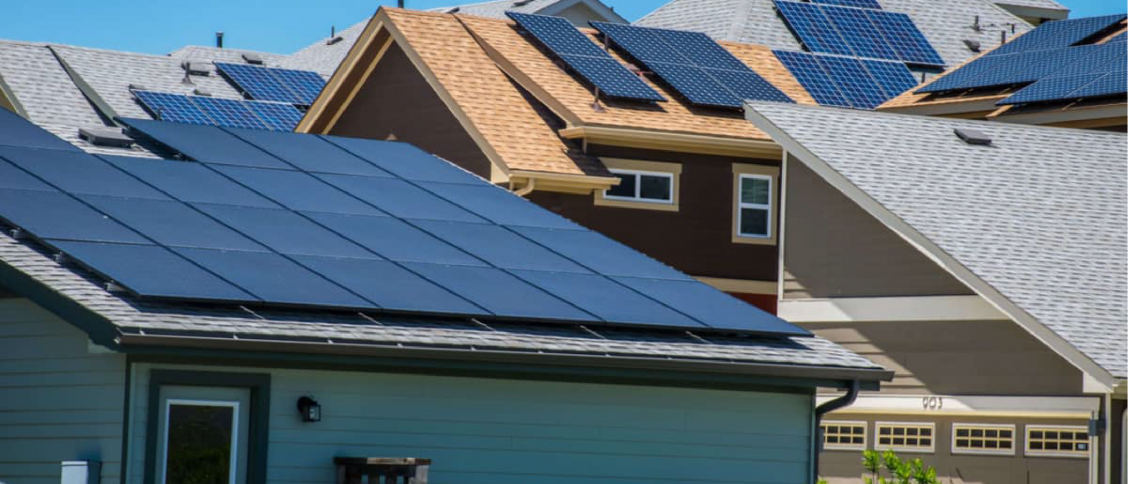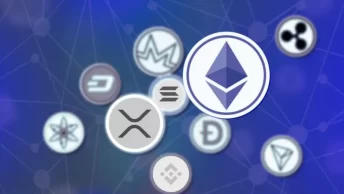Solar energy systems provide clean green energy for homes, offices and/or commercial buildings. However, even solar panels and systems aren’t without controversy. There are many myths floating around about even the best solar panels. However, when you look at things deeply, most of these myths can easily be debunked. Sustainable solar energy systems provide great environmental benefits.
People have scrutinized solar systems in every possible way. While it’s exciting to see cleaner energy sources grow, it also makes sense to look at things at a deeper level. Mainly, the discussion floats around solar panels being made from not sustainable materials. However, looking at the bigger picture might be the respite we need. Here are the top 5 myths debunked relating to solar energy systems:
Myth 1: Sustainable Solar Energy Systems Use Panels That Require More Energy Than They Will Generate
Debunked:
Fossil fuels energy may be required to create energy as things stand right now. However, the amount of fossil fuel energy required isn’t as much as many people think. The energy payback time (time required for solar panels to generate the energy they consumed) is positive.
The National Renewable Energy Laboratory (NREL) revealed that most common solar panels have a payback time of fewer than 4 years. However, some of the best solar panels have an energy payback time of just over a year as well. The question then becomes how long solar energy systems can produce energy.
Assuming a 30-year lifecycle (most solar panels go beyond that too), free energy will be available for anywhere between 26-29 years. This is why it doesn’t make sense to say solar panels consume more energy in manufacturing than they produce.
Depending on the degradation rate, different solar panels will produce different amounts of energy over time. High-quality panels will still offer about 60% energy even after a period of 25 years.
Myth 2: Expansive Sun-powered Systems Utilize Arrive That Can Be Utilized for Farming Manor
Debunked:
Everyone wants and prefers to preserve natural resources right! Also, modern sustainable solar energy systems and service providers have found ways to use space intelligently. There are many other options available than land solar installations.
Even some intelligently placed solar panels can also support agricultural fields too.
Of course, there will continuously be wrangles about on anything and everything. In any case, sun based frameworks are presently much more effective than they were. The time to embrace sun based innovation is present. We must make the alter in arrange to form the world a parcel more sustainable.
So, to say that solar panels take up agricultural land isn’t always accurate. Also, tall buildings, stadiums, manufacturing facilities and others can have solar panels spread on roofs and sides. When done right, solar panels don’t look bad and provide all their required benefits too.
Myth 3: Economical Sun-powered Vitality Panels and Boards Are Made from Hurtful Poisonous Materials
Debunked:
Everything that’s fabricated should be made from a few materials. In any case, there’s no concrete proof that sun powered boards are made from poisonous materials. Sun-powered control is captured by photovoltaic cells that are at that point utilized as power. There are no poisonous materials utilized in standardized sun powered boards.
However, solar systems do require batteries to store the charge. Batteries are to this day made from conventional techniques and materials. Sustainable solar energy systems usually include dry batteries.
Myth 4: Sun-powered Panels Can’t Be Reused
Debunked:
There is no doubt about that. However, unlike in the past, there are great strides into the matter as solar grows. Also, solar panels have a life expectancy of around 30 years. So, it may be a few years before we see the first ones go to recycling.
Modern sustainable solar energy systems hold 60% of their efficiency even after 25 years. Also, replacing individual solar panels isn’t as expensive as it may look as well. So, the technology that we have today is very reliable as well.
Of course, there will continuously be wrangles about anything and everything. In any case, sun based frameworks are presently much more effective than they were. The time to embrace sun based innovation is present. We must make the alter in arrange to form the world a parcel more sustainable.
As for the batteries, they have always been recyclable to a large extent. As more and more panels age, recyclability will of course boost. So, what we need is to put the trust in this technology making it last longer. solar panels have a life expectancy of around 30 years. So, it may be a few years before we see the first ones go to recycling.
Myth 5: Efficiency of Sustainable Solar Energy Systems Degrades Quickly and Is Not Reliable at All
Debunked:
When solar energy was a new concept, this was true. However, with newer research into the matter, things are a lot different now. Recent solar panels are a lot more efficient. Solar energy is now much more reliable than it ever was. It is only going to get better with more research as well.
A global network of solar panels recyclers is on its way. Sustainable solar energy systems are about to get even more eco-friendly with boosted recyclability. PV waste management and stopping it from going to landfills is already underway.
As for the batteries, they have always been recyclable to a large extent. As more and more panels age, recyclability will of course boost. So, what we need is to put the trust in this technology making it last longer.
Modern sustainable solar energy systems hold 60% of their efficiency even after 25 years. Also, replacing individual solar panels isn’t as expensive as it may look as well. So, the technology that we have today is very reliable as well.
Bottom Line
Of course, there will always be debates on anything and everything. However, solar systems are now much more efficient than they were. The time to adopt solar technology is now. We must make the change in order to make the world a lot more sustainable.
Of course, there will continuously be wrangles about anything and everything. In any case, sun based frameworks are presently much more effective than they were. The time to embrace sun based innovation is present. We must make the alter in arrange to form the world a parcel more sustainable.







